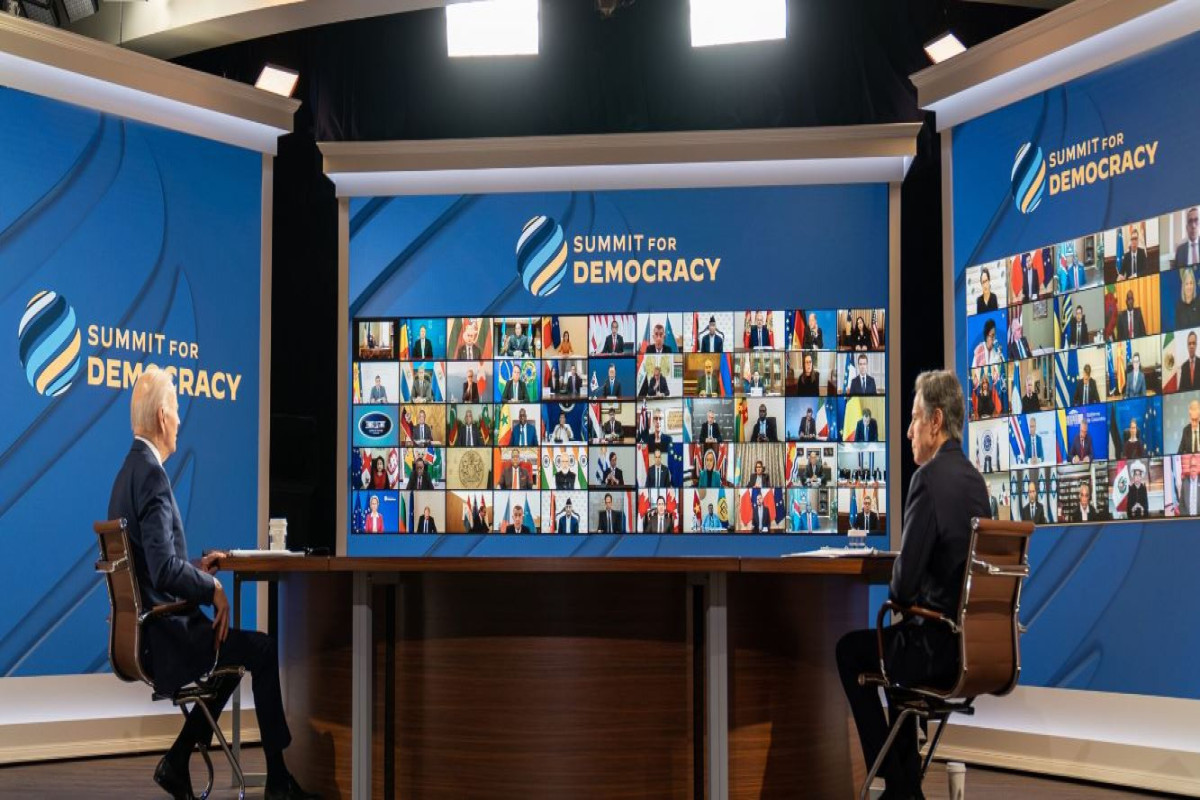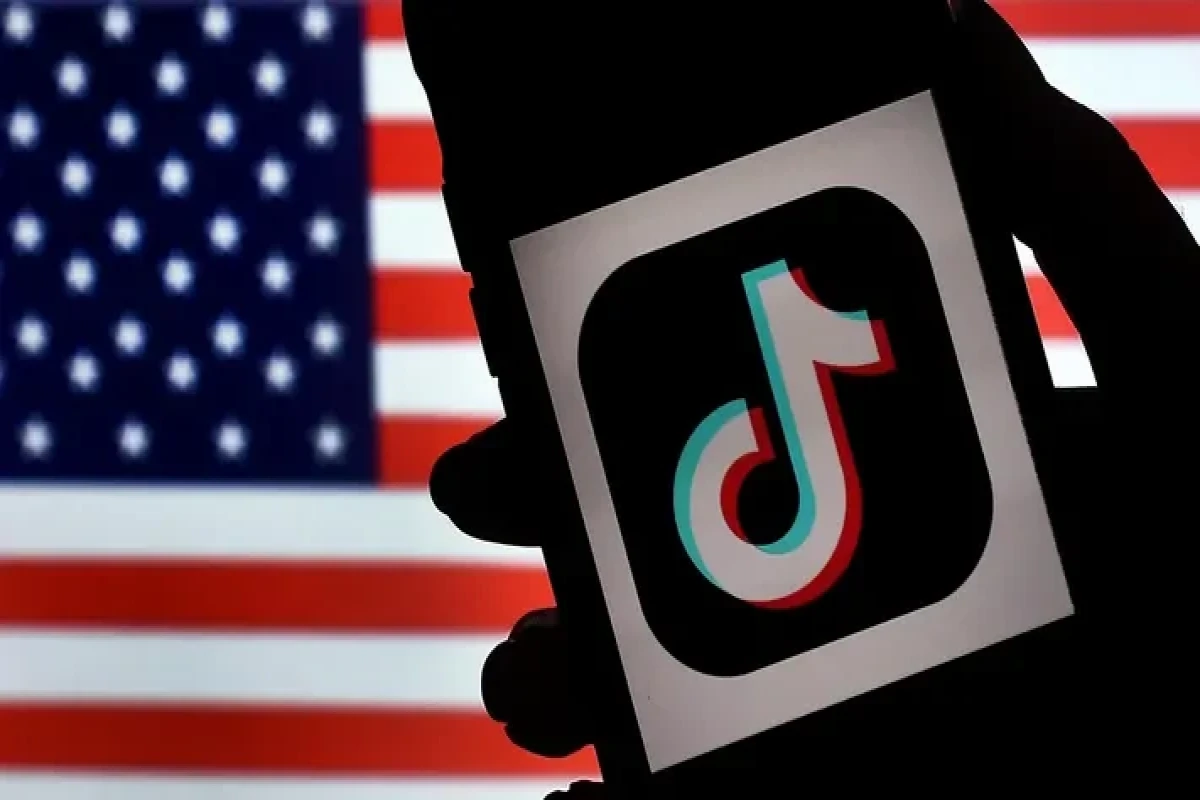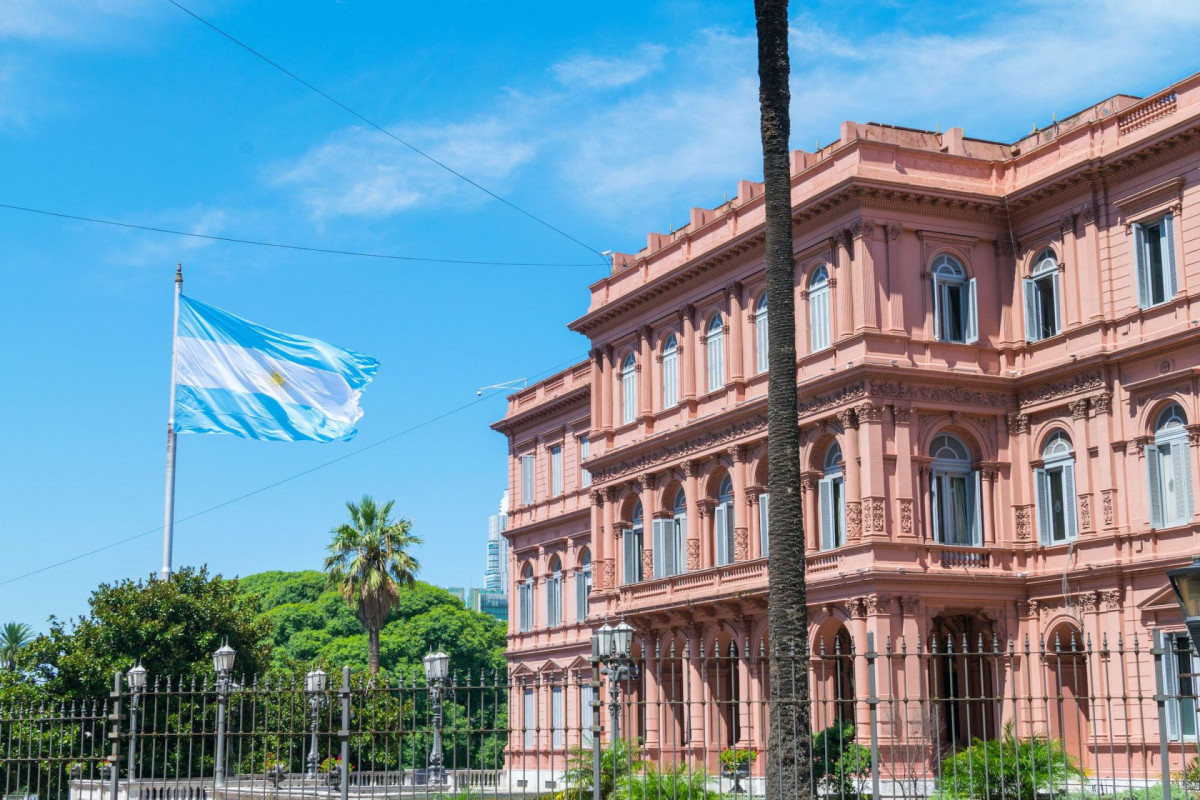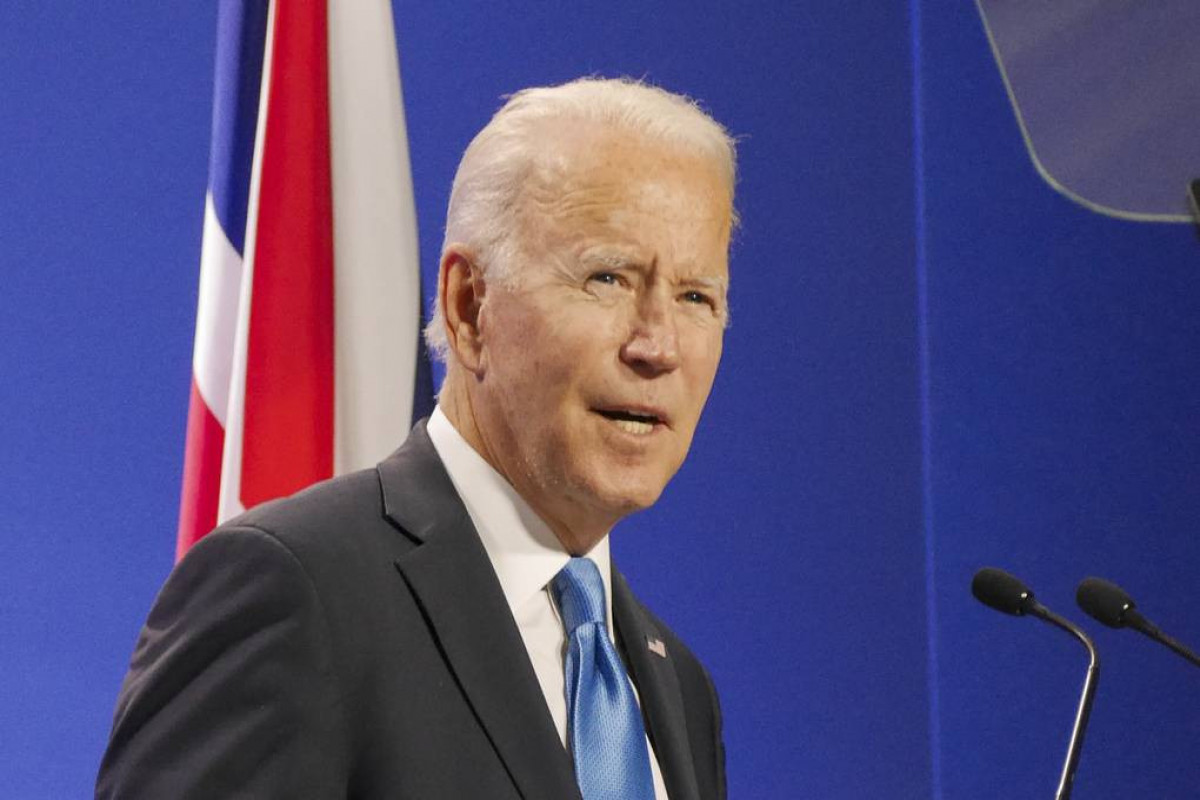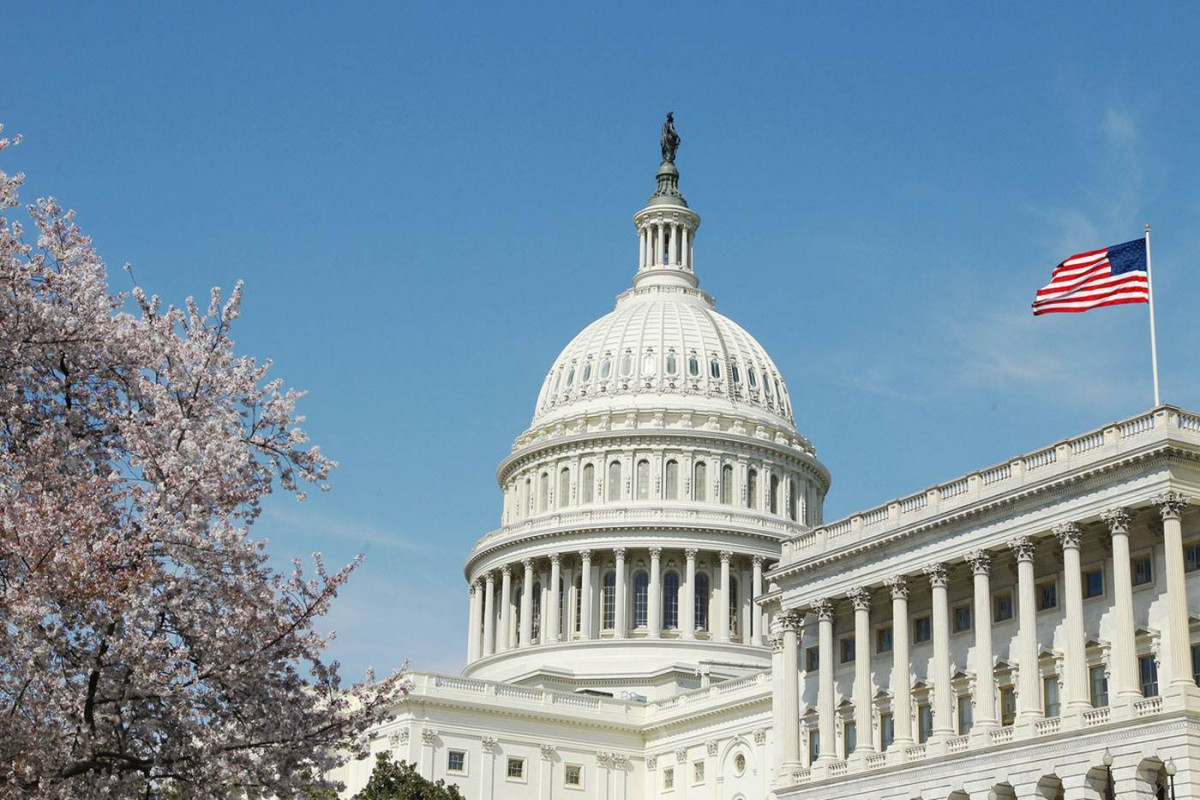Summit for Democracy hosted by the U.S. along with other countries is unlikely to have a useful outcome, said in an article published in the U.S. publication "Responsible Statecraft," APA reports.
According to author Daniel Larison, the first Summit for Democracy was a largely pointless exercise in Biden’s first year in office, and it raises the question of why the administration thought it was worth holding a second one.
The article noted that the same controversies that marred the first summit are sure to accompany this one:
"NATO allies Hungary and Türkiye have once again been left off the list of invitees, while other governments that have been undermining democracy and the rule of law in their countries will still be represented."
According to the author, the United States and other host countries should come clean about this kind of discrimination:
"Regardless, the U.S. and its co-hosts need to be able to explain why certain states don’t make the cut for events like this and others with similar records do."
Noted that the hosts may end up paying a political price for excluding some states from what is little more than a glorified talking shop:
"One problem is that the hosts may end up paying a political price for excluding some states from what is little more than a glorified talking shop. If the hosts refuse to draw any lines about which states can participate, they open themselves up to criticism that the summit has no substance, but if they set the bar high enough, they will end up leaving out most of the world’s elected governments."
The article noted that the U.S. and its partners make decisions to exclude some states for backsliding while ignoring the failings of others, it opens them up to charges of hypocrisy and favoritism:
"Take India, for example. India has been steadily moving in the wrong direction under Prime Minister Narendra Modi for years. In the latest example of India’s backsliding, the leader of India’s opposition, Rahul Gandhi, has just been expelled from parliament after being found guilty of defamation because of his criticisms of the prime minister. Gandhi will now be barred from standing in elections for the next six years. The decision has provoked protests from all of India’s opposition parties, and Gandhi’s expulsion has even been called the “direct murder of democracy."
It was emphasized that the U.S. has mostly ignored democratic backsliding in India in recent years out of a desire to cultivate their government as a partner against China.
"Earlier this year, the Indian government banned a BBC documentary critical of the prime minister, and the State Department played dumb. When the government then raided BBC offices last month, the State Department downplayed it. Washington has lots of practice of looking the other way when a partner government becomes more illiberal and authoritarian, but this becomes much harder to ignore when our government is frequently touting the importance of democracy in a grand struggle with “autocracy.”
The author noted that the U.S. has many semi-authoritarian and authoritarian partners and clients that have absolutely no interest in defending democracy.
"Instead of rhetorically dividing the world into opposing camps, the U.S. should be open to cultivating better relations with as many states as possible regardless of regime type. As many observers have started to notice, the U.S. has become too inflexible in its foreign policy, and the “democracy vs. autocracy” framing risks reinforcing this rigidity when we can least afford it.
Other democratic governments will naturally have their own national interests, and they are not going to sacrifice those interests just because the U.S. and its European allies say that it is necessary for the sake of a larger ideological cause. The U.S. needs to understand that other democracies are not obligated to side with Washington on every major issue, and it needs to appreciate that sharing a form of government does not guarantee that other states will see the world as our government does.
In many cases, other states may remain neutral or even end up on the other side of a major issue because their governments are doing what their voters want. If the U.S. truly respects other democracies, it has to accept that they may adopt different and even opposing views about important international developments. Our leaders should not delude themselves into believing that they speak for all democratic states or that their preferences are the ones that all democracies must have."
The author noted that if the Summit for Democracy is intended to “bolster” democratic norms and practices and stave off backsliding, it is not working very well.
"If it is just putting on a show to congratulate ourselves on the superiority of our own system, it is a waste of time and effort."
In the end, it was noted that given all these pitfalls, another democracy summit doesn’t seem to be worth the headaches that it will likely create for Washington.


